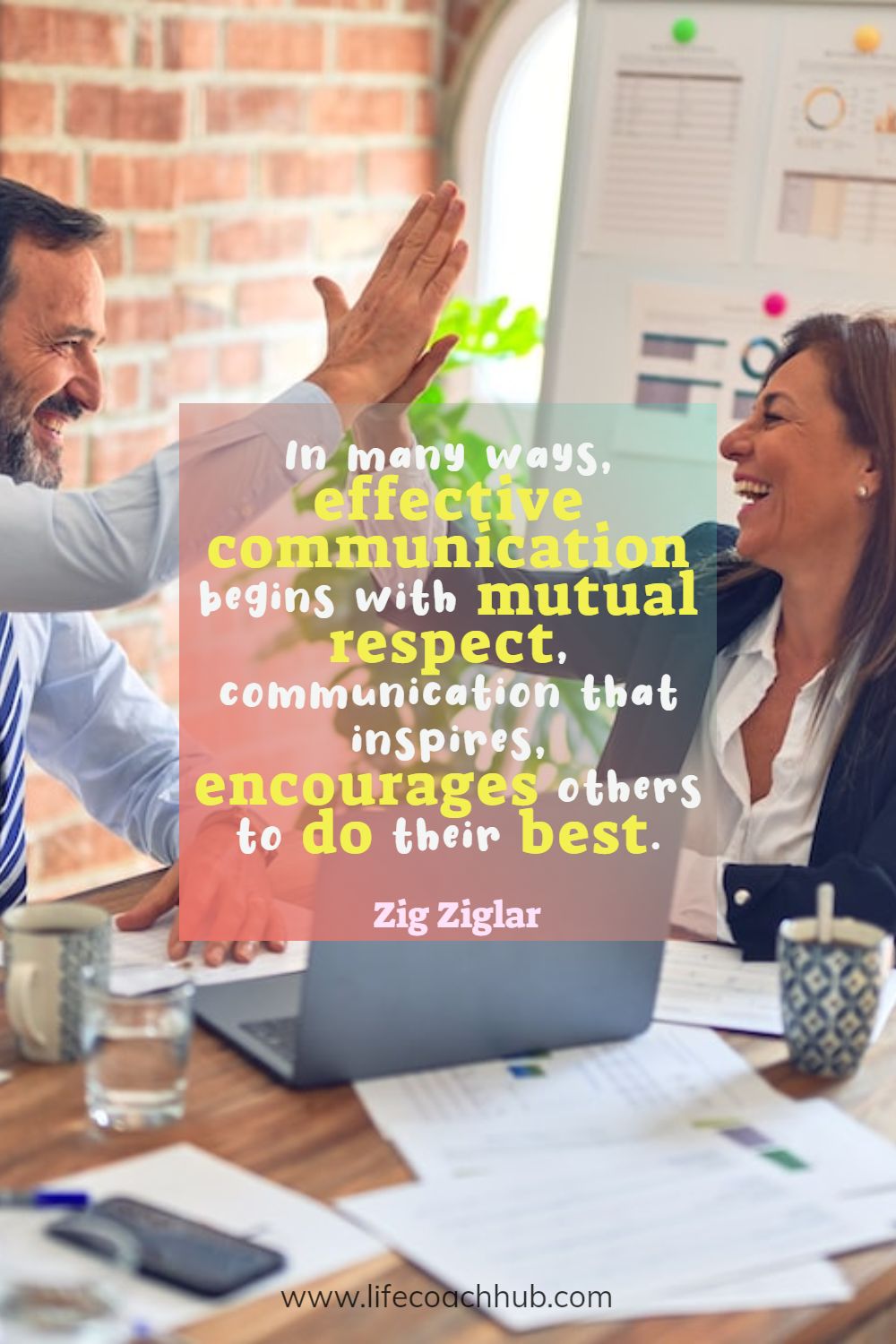
Life Coach Hub is supported by its audience. When you purchase through links on our site, we may earn an affiliate commission at no cost to you.
Download our Planner: How to Attract High Value Clients
Every conversation is unique.
You already have superb coaching skills. But, you also need a sound structure for your client to visualize a path that sets them to realize their goals.
Have you conducted a coaching session recently? How did it go?
I had my first private coaching session again last week after months of conferences. It’s an initial session for a new business client. For some reason, there’s always that awkward getting-to-know-you phase you wish to get over.
I reminded myself, “Hey, you’ve been here before. Get moving and lead him all ready to open up.”
Then I thought, whether you’re a seasoned or new coach, having a guide works best. A robust structure enables a smooth client conversation and lets you drill down to the root of the problem (without sounding like you’re in a hurry).
That experience led me to where I am now. I created these tips about a coaching conversation script to support your upcoming sessions.
The purpose of a coaching conversation
A coaching conversation aims to spark insight, develop it, and drive meaningful change through action (Cheliotes & Reilly, 2012).
Many will argue that not all coaching sessions end up as coaching conversations. Of course, as a coach, you aim to conduct an authentic discussion that leads to self-realization, and purposeful action. But, as the famous saying goes, “it takes two to tango”.
Likewise, it’s not only life coaches who can engage in a coaching conversation. Anyone who focuses on the other person’s strengths and helps them overcome their weaknesses to meet their goals is also engaged in coaching.
Ultimately, a coaching conversation aims to spark insight, develop it, and drive meaningful change through action (Cheliotes & Reilly, 2012).
Yet, as coaches, we get specific training to conduct effective coaching conversations. We learn to establish a safe space for our clients to share without fear of judgment or rejection. We also communicate our intention in finding ways to lessen or cut our client’s various stresses from their personal life and career.
Such open talk encourages them to reveal their innermost thoughts, worries, and struggles. Later, it becomes a building block to renewed thinking and progressive action.
Our goal is to reach the level of trust and openness that paves a way for successful coaching outcomes. But first, let's identify the critical components of an effective coaching conversation.
4 Key elements of an effective coaching conversation
#1 Active listening
Active listening facilitates establishing a common ground that leads your client to open up.
As a coach, it pays to listen intently, particularly to the non-verbal cues shown by our clients. This way, we can make every coaching session fruitful as many only wish for someone who’ll listen and not offer advice.

It’s about actively listening to what your client shares and how they act during your session. Active listening helps you understand where they are coming from. What they say does not always complement their actions or response to your questions.
To practice your active listening skills, use the 90/10 rule: 90% listening and 10% talking. This approach is in response to the 7-38-55% communication rule introduced by Albert Mehrabian, which states that:
- Only 7% of meaning is verbally communicated,
- 38% of meaning is conveyed through the tone of voice,
- While the majority, a whopping 55% of meaning, is delivered via body language.

Active listening facilitates establishing a common ground that leads your client to open up. As you listen intently, it shows that you genuinely want to help free them of their pain points. The key here is being mindful of your client’s words and actions while staying open and willing to listen without holding any assumptions.
#2 Powerful questions
Want to know the secret to asking powerful questions? It’s your curiosity as a coach that fuels your conversation.
Have you encountered this phrase several times already? Asking powerful questions is the cornerstone of an effective coaching session. Engaging questions can level up your “small talk” to an insightful conversation. They also help achieve clarity for your client regarding their main struggle and action steps needed to reach their goal.

Want to know the secret to asking powerful questions? It’s your curiosity as a coach that fuels your conversation. In turn, your client gains new perspectives and discovers solutions freeing them of their struggles.
So with regards to the 90/10 rule, the 10% of talking should ideally involve asking solid open-ended questions. Raise probing questions and let your client express their pain points, goals, and aspirations.
The GROW model is a valuable tool to use since it’s a simple, clear-cut, and logical approach that powers your coaching conversation. The model facilitates you in asking questions leading to your client’s self-realizations and paths to action.
Below are some questions that can guide you in your coaching session.
- What is your current situation, and what brought you here?
- What do you want to do?
- How close or far are you to getting that goal?
- What are the hurdles that you need to overcome?
- How can I help? What do you want to meet in this session?
#3 Reflective feedback
The best strategy is to allow your client to discover their own path to self-actualization...
Often, as coaches, we try to give the best possible advice that drives our client’s success. However, the best strategy is to allow your client to discover their own path to self-actualization and to avoid being directive.

Reflective feedback aims to provide a direct but constructive structure that propels your client to learn and grow. It clarifies vague areas, shining a light on your client’s needs and goals. It also poses questions that lead them to self-reflect and stretches their thinking.
To use the GROW Model questions in your coaching, encourage your client to zoom out for a while and look at the big picture. Here are some questions that can support your coaching conversation.
- What are the ways to solve your challenges? What are their pros and cons?
- What methods have you tried in the past? What’s working? What didn’t work?
- What’s your timeline, and how do you plan to reach it?
- What support or resources do you need to reach your goals?
- Suppose you have all the support and resources you need, which option might work best for you?
Download our Planner: How to Attract High Value Clients
#4 Unimposing solutions
Let your client discover their strengths, overcome their fears and worries, and only rely on their talents and resilience.
As difficult as it is, refrain from advising at this point. Let your client discover their strengths, overcome their fears and worries, and only rely on their talents and resilience. Motivate them to be confident, break out of their shell, and move forward with positivity.
A study on the impact of goal-setting and external control on mortgage delinquency from the 2008 housing crisis revealed the real benefits of coaching. It showed that using a financial planning manual and a quarterly meeting with a financial coach encouraged borrowers to make timely mortgage payments (Moulton, 2014).
The use of a module and proper education on settling payments enabled first-time borrowers to promptly pay their dues.
You can also inspire your clients to overcome their struggles. Use these coaching questions below.
- How motivated are you to achieve your goal on a scale of 1 to 7?
- What would be your immediate steps in the first three days?
- How will you stay committed to your targets?
- How do you plan to stay accountable for delays in your goal? What happens if you don’t achieve your goal based on the stated timeline and conditions? What are your measures of progress and reporting?
- What will keep you motivated and energized to reach your goal?
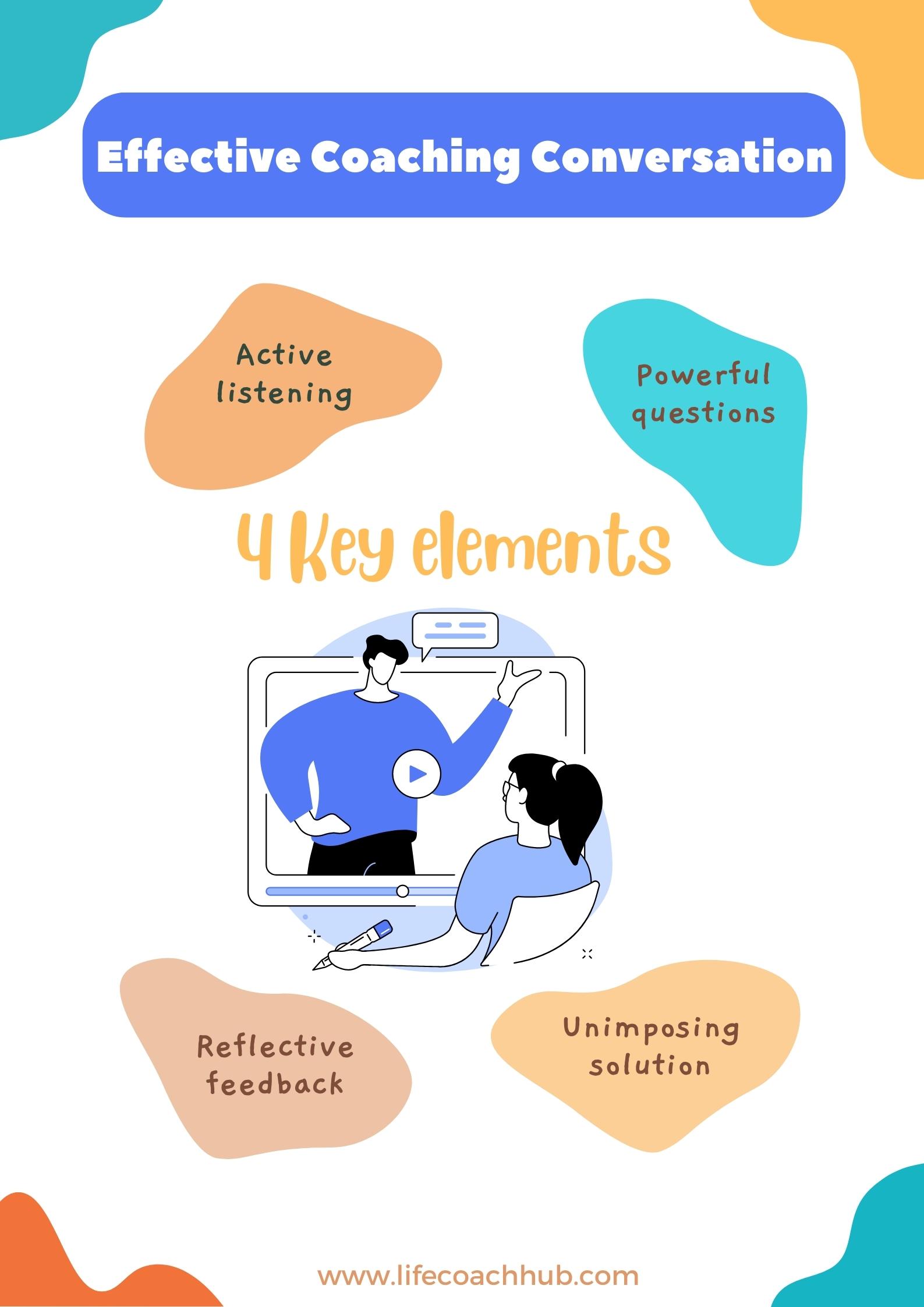
What a sample coaching conversation looks like
As coaches, we usually use a rough sketch for handling coaching sessions. This template is extremely helpful for all coaches, especially for new coaches who are still navigating their way in managing successful coaching sessions.
Here’s how you can effectively moderate an insightful coaching conversation.

1. Familiarization (10 minutes)
As with any communication, building common ground is a crucial first step. This will foster you and your client in getting familiar with each other.
For new clients, establish rapport by understanding their history such as education and work background, and specific experiences that led them to where they are now. Your goal is to achieve the know, like, and trust factor for them to build an authentic relationship with you, as their coach. Let them reveal their past and get comfortable with you. Then, gradually ask them about where they wish to go and how they imagine their future.
If you and your client have been working together for a while, the familiarization phase is more about getting back up to speed on their coaching journey and goals. What has happened since you last spoke? Any major insights or challenges? Getting your client to fill in a Coaching Plan prior to your session will be very useful in getting the conversation up and running and aimed at tackling your client’s goals.
2. Discovery (30 minutes)
Leading a new client to open up sounds simple, but it’s a bit tricky especially when you’re just starting as a coach. Get ready with your ability to ask powerful questions about their problems, needs, and difficulties. Also, your patience and empathy need to come in handy since it’s not easy to have a “tell-all discussion” with someone you recently met.
This is why Step #1 is crucial to get on the “good side” of your client. Emphasize your intention to help and refrain from making comments or interrupting. Let them feel that it’s safe to share their thoughts, fears, and struggles.
Ensure you get to the root cause of their hardships through probing questions like “what else?” or “anything else?”. Once your client lays all their cards, ask them to rank their priorities through each need or pain point.

3. Goal setting (10 minutes)
Now, for the fun and exciting part, allow your client to establish their goals! Then, drive some action toward those pain points mentioned in Step #2.
The good thing about a coaching conversation is that you and your client engage in a brainstorming session. At this stage, encourage them to think outside the box thoroughly. Tell them to not get affected by limiting beliefs or rash comments.
Let your client visualize what they see at the end of the tunnel. Motivate them to lay down specific action steps to achieve that goal. You can use several tools and techniques to support your client in gaining the proper mindset and preparing their path to reach their targets.
The most practical approach is to create a roadmap of your client’s destination and possible ways to get there (Nawalkha, 2020). It is also vital to locate the roadblocks early on and anticipate what can occur. This enables your client to be solution-oriented as you help them seek solutions to blunders that might appear along the way.
4. Takeaways & Tactics (10 minutes)
So far, you’ve helped your client identify their challenges and goals, set steps to reach their targets, and overcome their difficulties. It’s time to wrap it up through a quick review of their takeaways and formulating tactics to move forward.
As your coaching discussion nears its end, ask your client two things. First, ask them to give at least three takeaways or learnings they gained from your session. Second, ask them to sketch out their plans for progress. This could be as simple as taking one or more actions before you meet again. Or it could be about working on a larger goal.
Drive your client to be accountable for their strategies and actions. Emphasize how you will regularly check their performance through consistent coaching conversations.
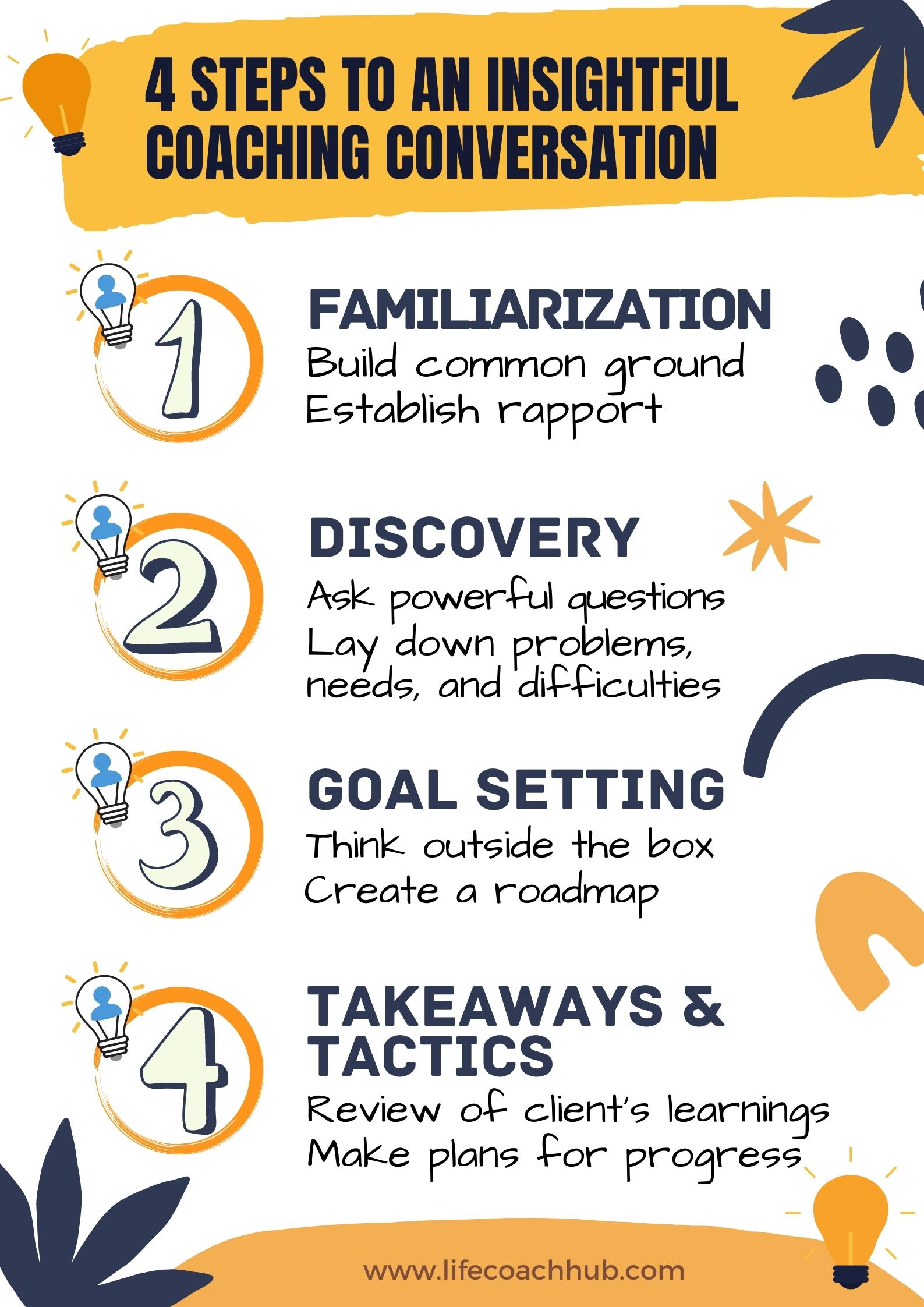
This four-step coaching conversation serves as a guide in conducting your sessions. If you already have a structure for your session, you can always review, track, and tweak your methods. Strive to achieve effectiveness and efficiency to make your discussion more fruitful.
Coaching conversation script ideas
Every conversation is unique due to your coachee’s distinct needs, challenges, and aspirations. So too does the coaching conversation differ based on the coach who administers it.
A proven structure helps your client to easily identify their most pressing need or top goal. It also creates a consistent approach as you handle each coaching session.
Are you a new coach? Or do you intend to upgrade your coaching sessions? Here are quick but robust ways to conduct your sessions through an optimistic start and a strong finish.

Quick tips on your coaching conversation script
TIP #1: Optimistic start
Are you one of those who want to fast forward through the initial phases of coaching? Though some coaches want to rush to the meaty part of addressing their clients’ struggles, you can’t forego this first crucial step. You need to get your start off gradually in order to have a background of the problem you’ll encounter later.
A perfect way to lead your clients to open up is by starting your talk in a positive light, and by building rapport. Make your client feel comfortable by asking them easy-breezy questions first. It can start with how they are or how their day or week is. Then, gradually elevate your talk to set a specific coaching direction.
Here’s a sample coaching conversation script that exhibits a lighthearted start.
|
Coach: |
Hello, (coachee). How are you doing today? |
|
Coachee: |
Hi! I’m doing okay, thanks. How about you? |
|
Coach: |
I’m doing great. How’s your week so far? |
|
Coachee: |
Everything’s good. My children just started school again. I get to work in our office after two years… |
|
(“Small talk” continues for 3 minutes) |
|
|
Coach: |
Before we officially begin, let me inform you that everything we’ll talk about is only between the two of us. You can be assured that what you’ll share today is put in strict confidence and won’t go out on the four walls of this room. |
|
Coachee: |
Thanks. Appreciate you saying that. |
|
Coach: |
Also, I want you to know my intention in today’s conversation. You mentioned before in your Coaching Plan your expectations for today’s session. Do you think these have changed? Do you want to explore other areas to improve or talk about? We can do that now… So let me ask you, what would make this conversation meaningful for you? What do you like to focus on today? |
|
(Actively listen to how your client responds.) |
|
|
Coach: |
Great! Thanks for confirming. We’ll dive into that in a few minutes. But before that, I want to check with you. On a scale of 1 to 7, “7” being extremely determined, how driven are you to uplift yourself and achieve something fruitful today? |
|
(These questions measure how “game” your client is in today’s session. Be ready with your probing questions based on their response.) |
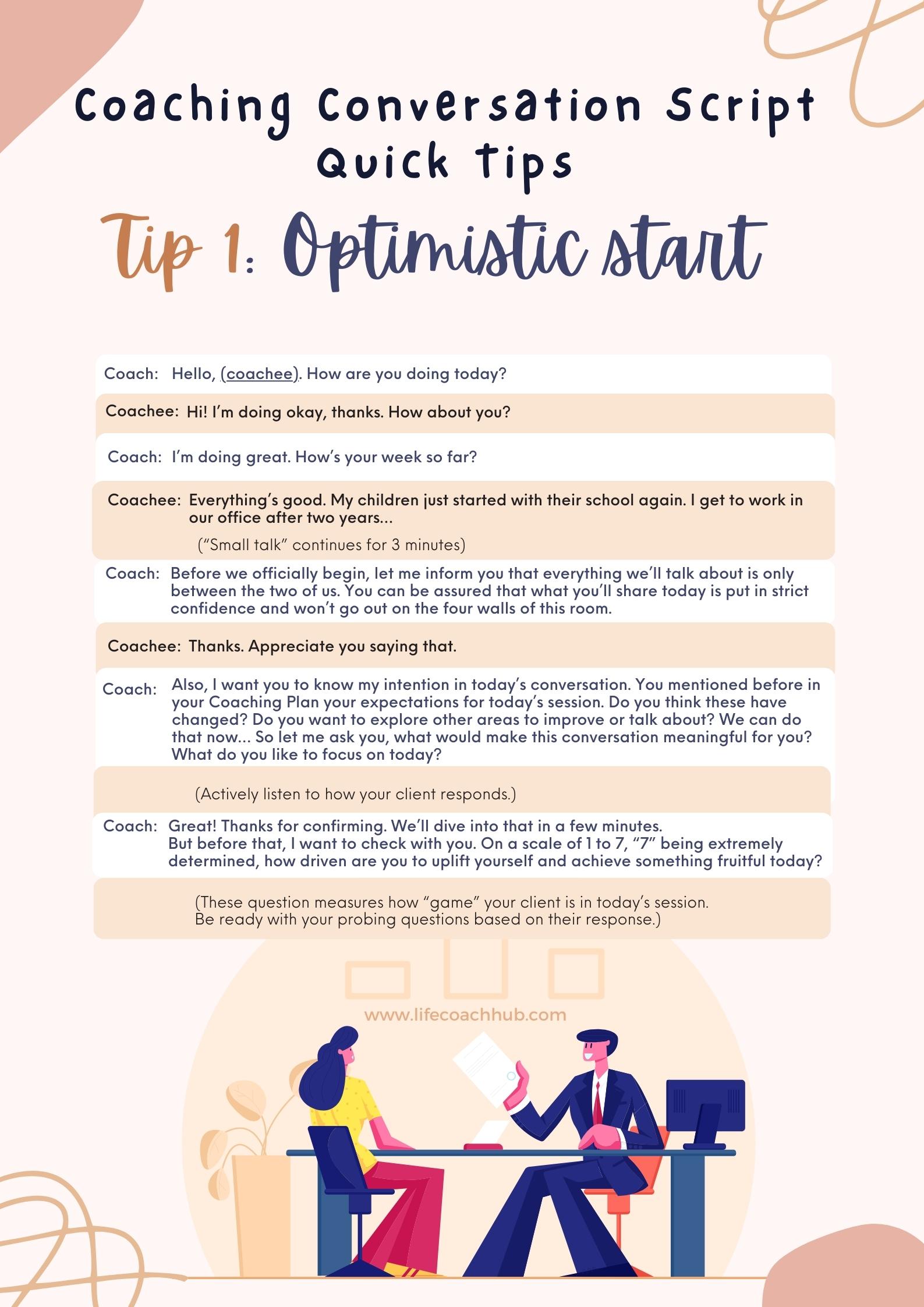
TIP #2: Strong finish
Refrain from providing a recap of the conversation yourself. Here’s what you can do instead. Ask your client to perform this recap, in order to gauge how well they remember and commit to what you just discussed.
|
Coach: |
Before we finish our conversation, tell me your 3 takeaways from what we discussed today. |
|
(Actively listen to your client’s learnings and check if they have a plan of action. If none, probe them by asking.) |
|
|
Coach: |
As we close today’s discussion, what are the three things you’ll do to address what we talked about today? |
|
(Let your client respond and expound on their answers. Once they’re done talking, let silence fill the room for 1-2 minutes and allow for reflection.) |
|
|
Coach: |
Is there anything you’d like to ask or want to share? |
|
(Often, it's when clients ask for your availability or upcoming sessions. Or they can also respond with a simple “Thank you.”) |
|
|
Coach: |
Two ways to a strong finish:
If there’s nothing more I can help you with today, you know how to contact me. Please feel free to reach me anytime. Thanks, (coachee). Looking forward to our next meaningful conversation. Or
Thank you (coachee) for a wonderful conversation today. I’m glad to meet someone passionate and willing to go the extra mile to uplift themselves. (Add a specific admirable trait/action they’ll perform.) These rare conversations make my life fulfilling as a coach. I sincerely long for more individuals to break out of their shells and embrace learning and growth. Would you like to learn more about how we could work together moving forward? (Wait for their response.) When there’s no response: If you’re all good now, that’s fine too. We can always set a more convenient time for you. When you get a positive response: Excellent! Let me show you what our upcoming sessions look like. Let me know how you feel about this. We can always tweak it for you. |
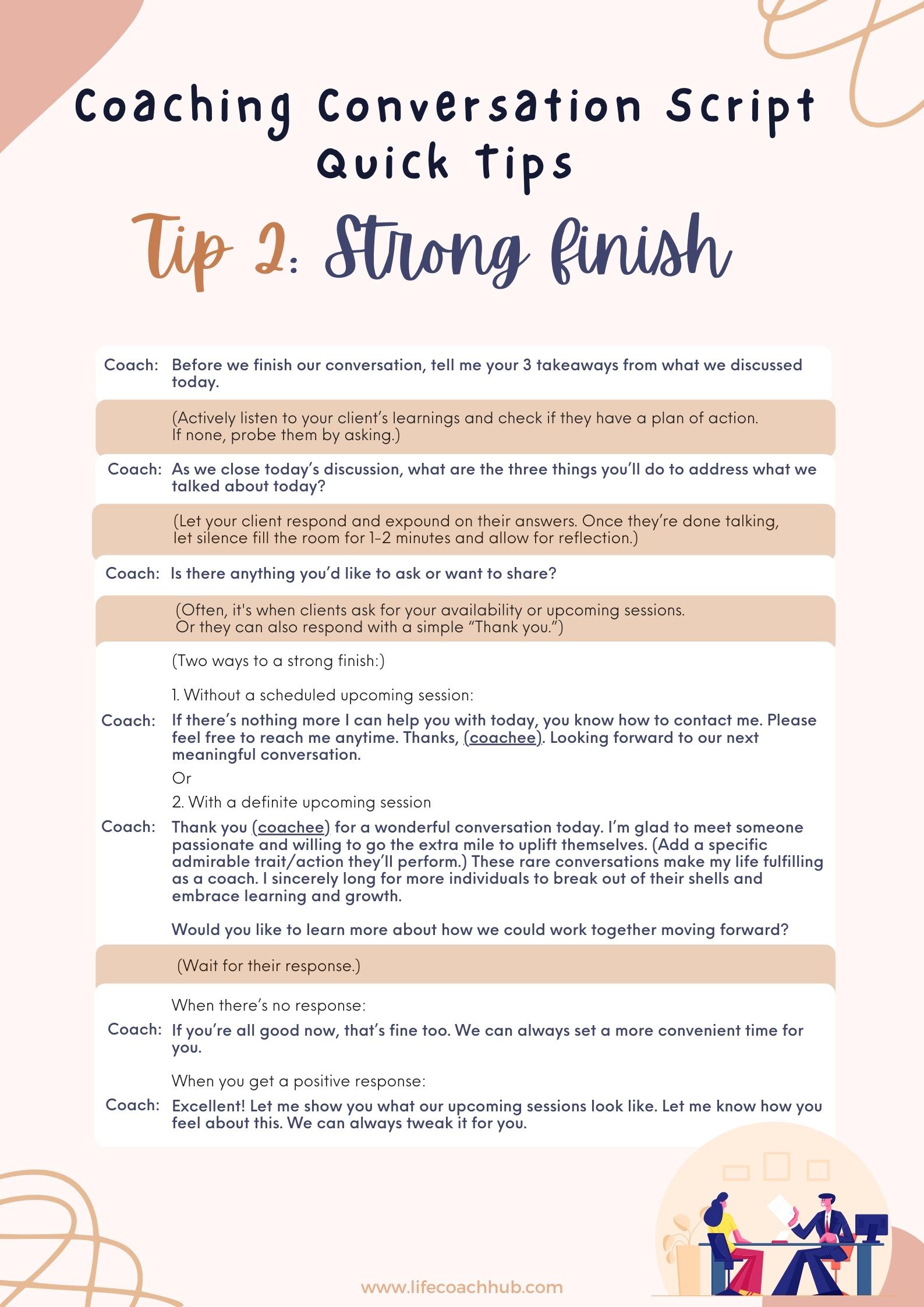
What's next? DOWNLOAD OUR FREE PLANNER FOR ATTRACTING HIGH INCOME COACHING CLIENTS
Download our Planner: How to Attract High Value Clients
GET MORE COACHING RESOURCES
COMPLETE DONE-FOR-YOU COACHING PROGRAMS
Looking for some pre-written coaching programs, complete with tools, exercises, and session-by-session coaching plans? We love this 90 day program:
Renew YOU! 3 Month Coaching Program Template
This bad boy comes preloaded with a FULL 90-day (3 month) coaching program template. We love how you just have to follow along with the easy plan in order to transform your clients' lives. Takes the headache out of endless brainstorming and searching for perfect worksheets, exercises and tools.
It comes with 14 brandable tools and exercises, session plans for how to deliver the program and track progress, and awesome marketing materials. Works for one-on-one coaching but also group coaching, workshops, discovery sessions and more. Best of all, all this great stuff can be incorporated into your coaching software dashboard if you want to deliver it seemlessly to clients.
COACHING WELCOME PACKETS
Our coaching software comes pre-loaded with an awesome welcome packet, digital and ready in your client folder. It comes with a Welcome letter, Coaching agreement, Personal information form and Coaching information form--all editable of course.
Another good option is this specky Coaching Welcome Packet, which comes preloaded with lots of goodies, including a client reminder list, coaching agreement, a coaching goals worksheet and more.
If you're thinking "why stop at just a welcome package" well yee-ha! You're right. You can get the full bells and whistles in this awesome Coaching Tools Megapack that is literally brimming with everything-but-the-kitchen-sink related to coaching, including 81 brandable and done-for-you coaching tools and 8 themed toolkits. Your coaching toolkit will be VERY stocked after this :) You can also load everything into your coaching dashboard if you want a seamless, digital experience.
MORE ABOUT RUNNING GREAT COACHING SESSIONS:
Killer Coaching Questions: 36 Powerful Queries by Niche (+ PDF): Get your cheat sheet on running a powerful coaching session with these questions.
GETTING CLIENTS AS A COACH:
How To Get Your First Coaching Clients: 3 Step Plan: Get your first coaching clients with this simple plan
5 Keys For How to Attract your Dream Client as a Life Coach (Crushing it Guide): Guide to getting coaching clients
MARKETING FOR COACHES
How To Write a Life Coaching Marketing Plan (With Free PDF Template): Get your business off to the right start with a solid marketing plan
EXPERT COACHING BUSINESS TIPS
How To Write a Business Plan for Life Coaches (With Free PDF Template): Prime tips on how to get the business details of your coaching career nailed down
How to Scale a Coaching Business (Four Killer Strategies): Ready to scale up your business?
AND MORE
And don't forget to sign up for a free directory listing, client leads, and coaching software to administer your coaching seemlessly to clients.





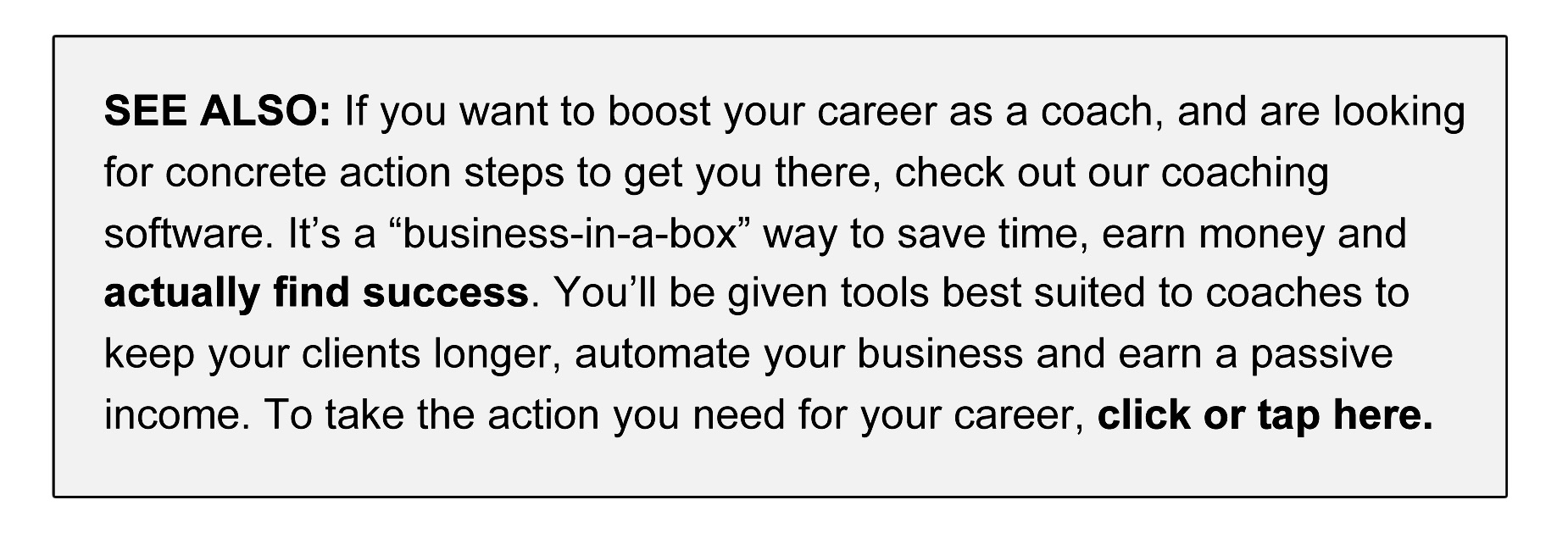
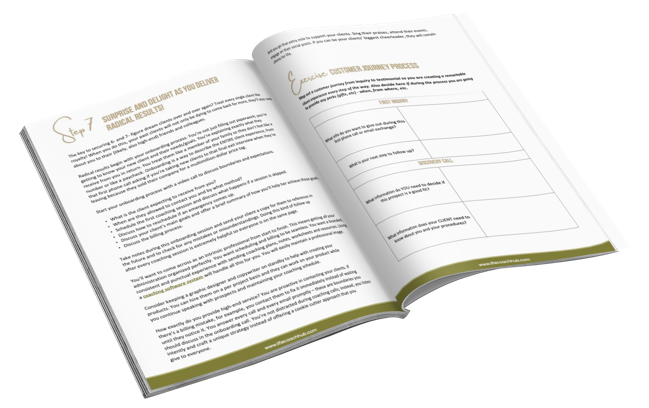




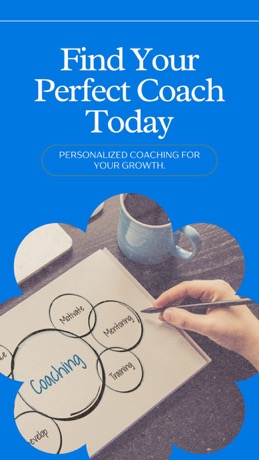










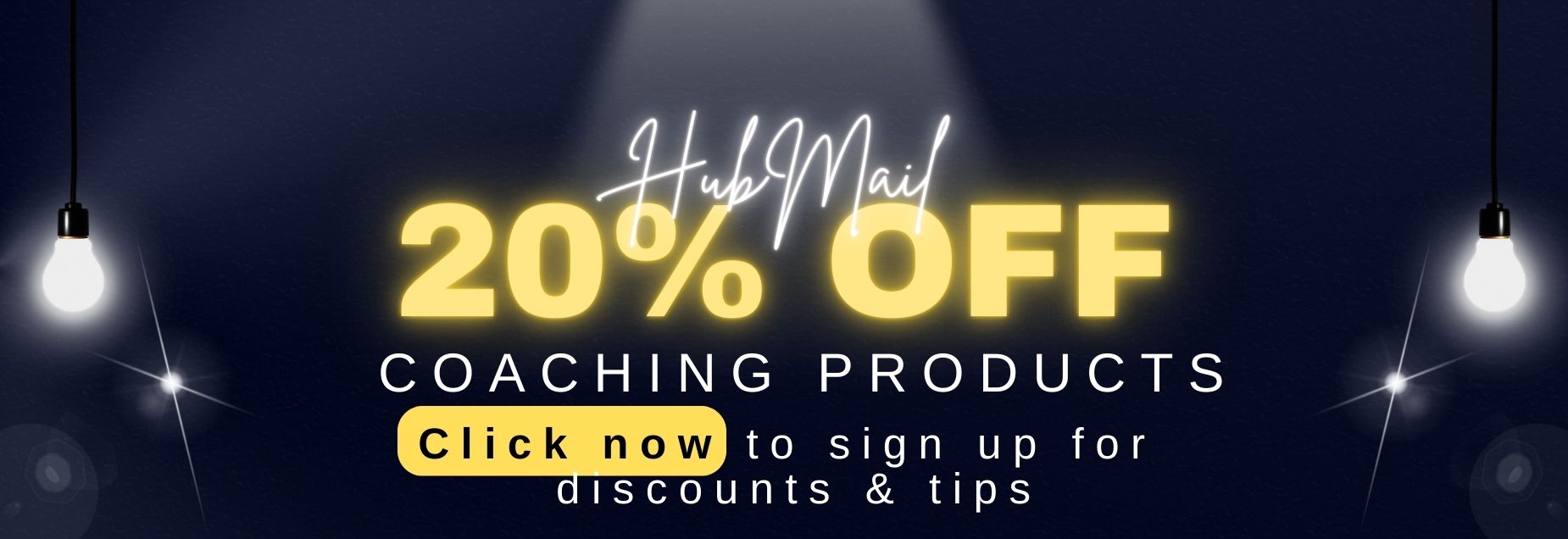
COMMENTS